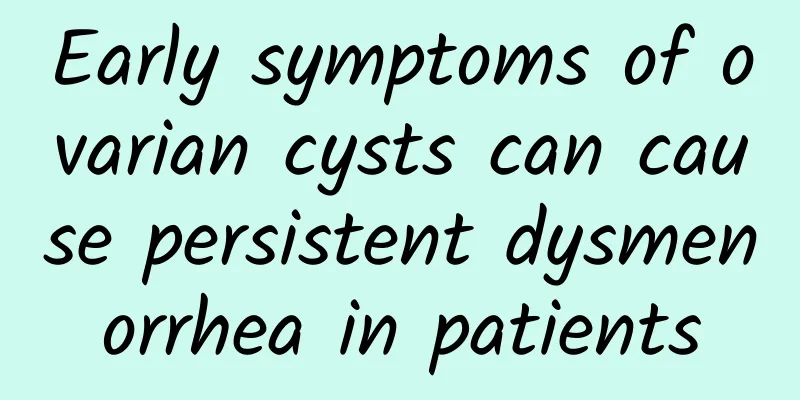The causes of multiple uterine fibroids How do multiple uterine fibroids form?

|
Women with childbearing experience are immune to many diseases, which helps to fight against multiple uterine fibroids. So, how do multiple uterine fibroids form? About 20% of women over 35 years old suffer from multiple uterine fibroids, but most patients fail to detect them because the fibroids are small and asymptomatic. Clinically, the incidence of fibroids is only between 4% and 11%. Multiple uterine fibroids are benign tumors, but a few women still cannot escape the danger of malignant changes (the rate of malignant changes is about 1%), especially elderly women. Therefore, patients with rapidly growing fibroids or postmenopausal fibroids should be vigilant. Multiple uterine fibroids can cause heavy bleeding, or long-term menorrhagia, prolonged menstruation, leading to anemia, which cannot be cured by drugs. At this time, resection is the solution. Multiple uterine fibroids grow to the size of a fist, causing compression of other organs in the pelvis. Surgical resection can relieve symptoms, and large fibroids are more likely to worsen than small fibroids. The exact cause of multiple uterine fibroids is still unclear, but it may be related to excessive estrogen levels in the body and long-term estrogen stimulation. The formation of multiple uterine fibroids is as follows: (a) Multiple uterine fibroids appear in women after menarche, more often in middle-aged women. After menopause, the fibroids stop growing and gradually shrink; (ii) Multiple uterine fibroids are often complicated by endometrial hyperplasia; (3) During pregnancy, estrogen levels increase and fibroids multiply rapidly; (4) Patients with ovarian granulosa cell tumors and theca cell tumors (which can secrete estrogen) often have uterine fibroids; Exogenous estrogen can accelerate the growth of fibroids. By reading the above content, we should have a deeper understanding of the disease. I hope this article can be helpful to you. I wish you good health! |
>>: Can you still get pregnant with multiple uterine fibroids? How to treat uterine fibroids
Recommend
No starch for dinner? Falling into these 4 weight loss traps can prevent you from losing weight
Trying to lose weight but not being able to do so...
What should I do if I have uterine fibroids during pregnancy? Can I still have children if I have uterine fibroids during pregnancy?
If uterine fibroids are found after pregnancy, th...
Here are some ways to relieve dysmenorrhea symptoms
Dysmenorrhea brings great trouble to the daily li...
How is pelvic peritonitis spread?
Many patients are worried that pelvic peritonitis...
The patient's prolonged course of disease will develop into the cause of chronic cervicitis
Among gynecological diseases, chronic cervicitis ...
What are the ultrasound changes of adenomyosis?
Ultrasound is a way to examine adenomyosis. Speak...
Xiao S revealed that she lost 8 kilograms in 22 days! Doctor: May affect health
Hot wife Xiao S, after giving birth to her third ...
Yoga cow face pose not only relieves pain and fatigue, but also tightens the lower body
Sitting for long periods of time and lack of acti...
The main manifestations of the harmful effects of cervicitis
Among the many gynecological diseases, the high i...
Uncover the diseases that women may be prone to with dysmenorrhea
Dysmenorrhea is the pain in the lower abdomen dur...
What should not be eaten for uterine fibroids? Dietary care methods for patients with uterine fibroids
Uterine fibroids are the most common benign tumor...
Does adenomyosis affect the uterus and rectum?
Adenomyosis is one of our common diseases, and it...
Is cervical erosion moderately serious? Do I need to take medicine?
Moderate cervical erosion is usually not a very s...
Diet adjustment is very important for patients with ovarian cysts
Ovarian cysts should be treated promptly. If trea...
Muscle soreness "berry" trouble! Eat more berries after exercise
Summer is here, and more and more people are exer...









